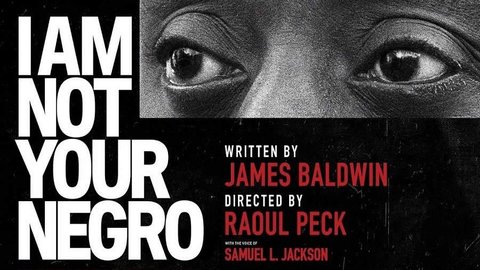Neruda, Pablo Larraín, 2016
Sunday, April 9th, 2017, 11:45
Pablo Larraín was the only director to have two films at the festival: Jackie, and this one. Both extraordinary, as different from each other as oil and water, both clear evidence—maybe even more so taken like this, together—of Larraín's exceptional talent for narrative and conceptualization.
If Larraín's name sounds familiar, it might be because his latest production, Una Mujer Fantástica (2017), won the Oscar for Best Foreign Film at this latest edition of the Academy Awards. Or perhaps you saw No back in 2012, which also starred Mexican actor and activist Gael García Bernal.
In Neruda, García Bernal plays the bad guy. Well, sort of; he is the main character (arguably—and they do argue this in the film), in the sense that the film depicts his journey from 'bad' guy (the police inspector chasing Neruda, who's become a fugitive in his native Chile after joining the Communist party) to... well, if I tell you that, I'd be spoiling the entire film for you.
Suffice it to say this: Neruda is as far from Il Postino as one can get. (And, as far as 'poetry' films go, it's an entirely different universe from Paterson.) I don't mean just in the context of filmmaking or cinematography or narrative style—although, yes, there is that. But the Neruda we see in Larraín's production is the politician, the activist, the figurehead for social upheaval, as much as he is The Poet—and in the process of portraying this 'other' side of the man, Larraín's achievement is to give this Poet, a mythical, almost ethereal, creature, a dimension of humanity and reality that makes him—Neruda—all the more indelible as a historical figure. And—perhaps most importantly—translates his poetry into the language it was always meant to speak: the political.






